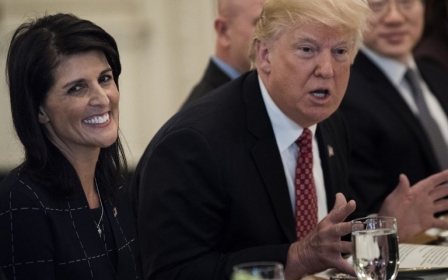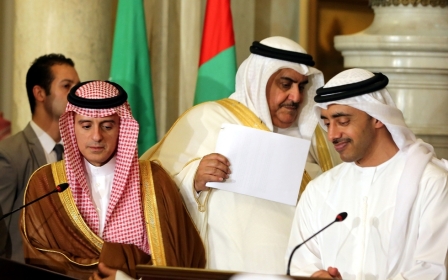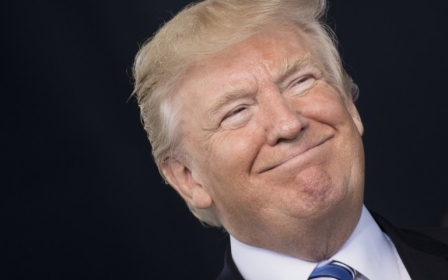Trump affirms Nato ties, chides Russia in Warsaw speech
Donald Trump on Thursday affirmed the US commitment to the defence of Nato allies in a Warsaw speech that gently criticised Russia, and he said Western civilization must stand up to "those who would subvert and destroy it".
In his second trip to Europe as US president and shortly before leaving for a potentially fractious G20 meeting in Germany, Trump sought to ease the nerves of US allies after failing in May to endorse the principle of collective defence enshrined in Article Five of the Nato treaty.
As a presidential candidate Trump called Nato obsolete, but he has since changed his position on the alliance's relevance.
The president also had tough words for Russia on Thursday, though he did not fully endorse allegations, backed by US intelligence agencies, that Moscow interfered in the 2016 presidential election that he won.
Trump meets President Vladimir Putin for the first time face-to-face on Friday in Hamburg, the site of the G20 summit.
"We urge Russia to cease its destabilizing activities in Ukraine and elsewhere and its support for hostile regimes including Syria and Iran, and to instead join the community of responsible nations in our fight against common enemies and the defense of civilization itself," he said.
The Kremlin said Russia was not guilty of any destabilizing activity.
The brief visit to Warsaw, which included a meeting with regional heads of state, was billed by the White House as an effort to patch up relations with European allies after a tense Nato summit in May.
Trump was received by enthusiastic crowds on a central Warsaw square - about 15,000 people according to police estimates - many arriving on buses arranged by parliamentary deputies of the ruling conservative Law and Justice party.
People carried US flags or placards with photographs of Polish President Andrzej Duda and Trump. Some wore T-shirts with American flag colours and many chanted the president's name.
The stopover was a major diplomatic coup for Poland's conservative government, which has faced mounting criticism from Brussels over its democratic record and a refusal to accept migrants fleeing war in the Middle East.
The eurosceptic administration agrees with Trump on issues such as migration, climate change, coal mining and abortion, and it wants EU institutions to give back some of their powers to national governments.
"We've discussed our mutual commitment to safeguarding the values at the heart of our alliance: freedom, sovereignty and the rule of law," Trump said in a joint news conference after meeting Duda.
In what seemed like veiled criticism of the European Union, Trump condemned "the steady creep of government bureaucracy" and cited the importance of national sovereignty.
In his speech, near a monument that commemorates the 1944 Warsaw Uprising against Nazi Germany, the president painted the fight against terrorism, illegal immigration and excessive government powers as an existential one.
"The fundamental question of our time is whether the West has the will to survive... Do we have enough respect for our citizens to protect our borders? Do we have the desire and the courage to preserve our civilization in the face of those who would subvert and destroy it?" he asked.
"We can have the largest economies and the most lethal weapons anywhere on earth, but if we do not have strong families and strong values, then we will be weak and we will not survive."
Middle East Eye propose une couverture et une analyse indépendantes et incomparables du Moyen-Orient, de l’Afrique du Nord et d’autres régions du monde. Pour en savoir plus sur la reprise de ce contenu et les frais qui s’appliquent, veuillez remplir ce formulaire [en anglais]. Pour en savoir plus sur MEE, cliquez ici [en anglais].




